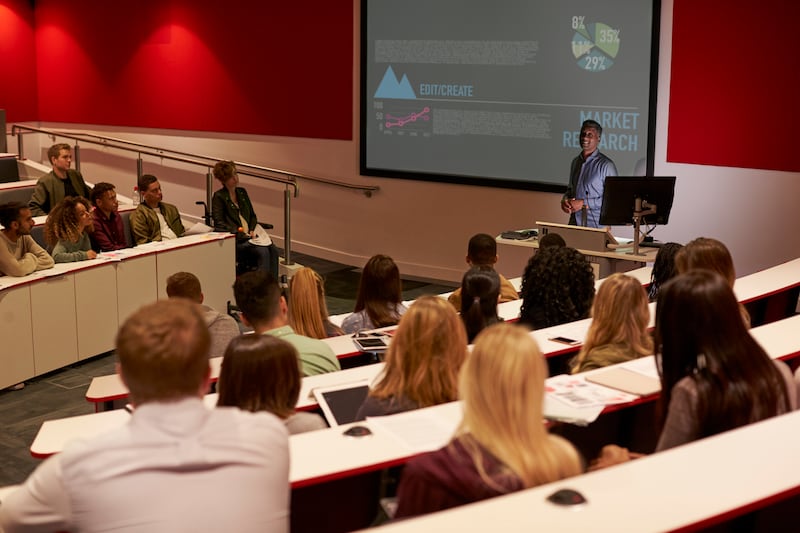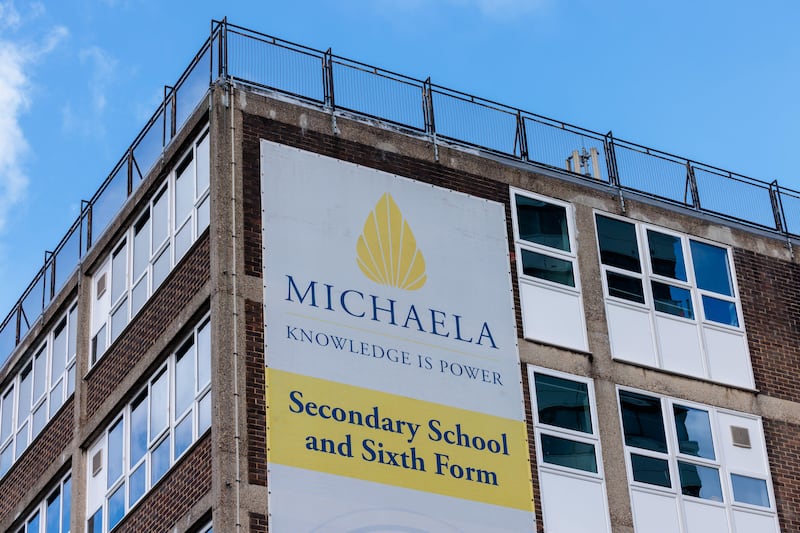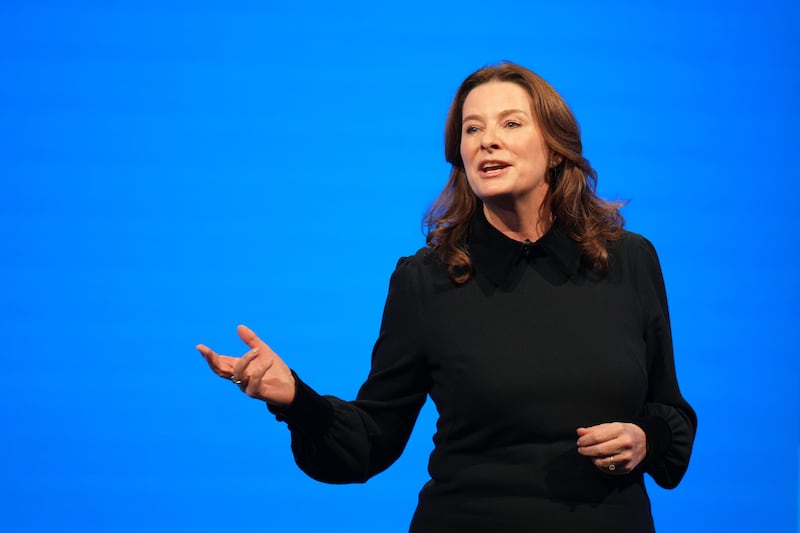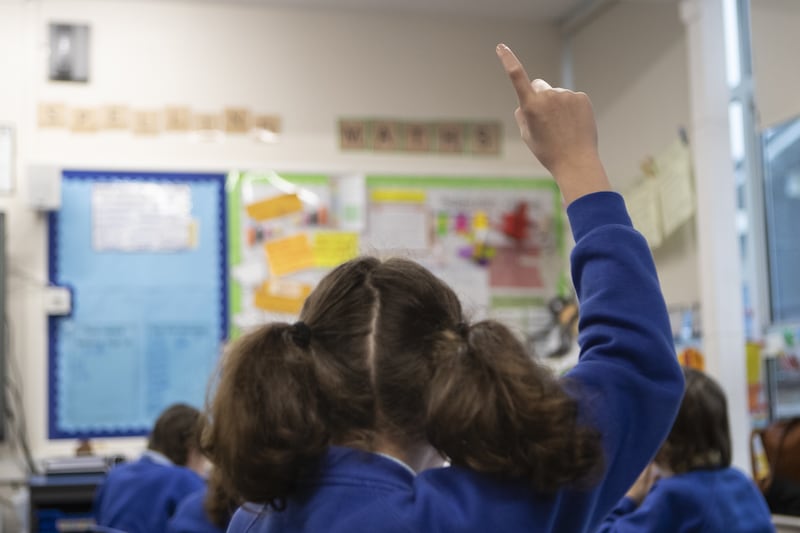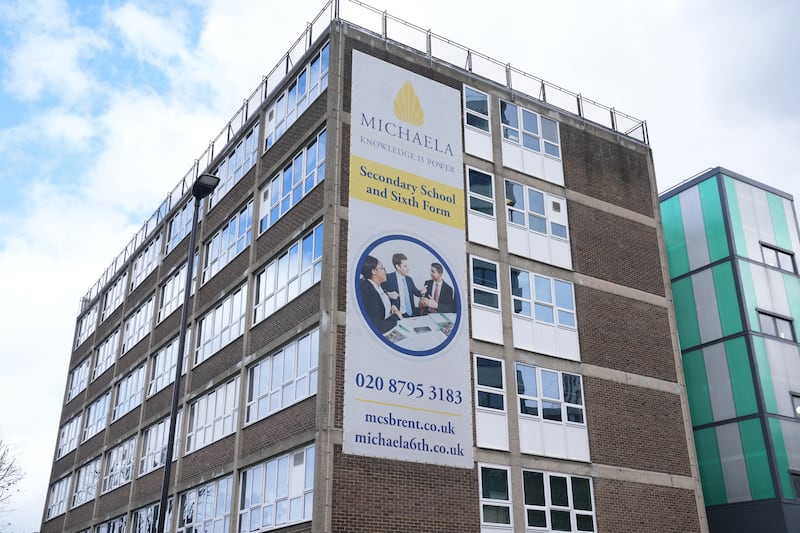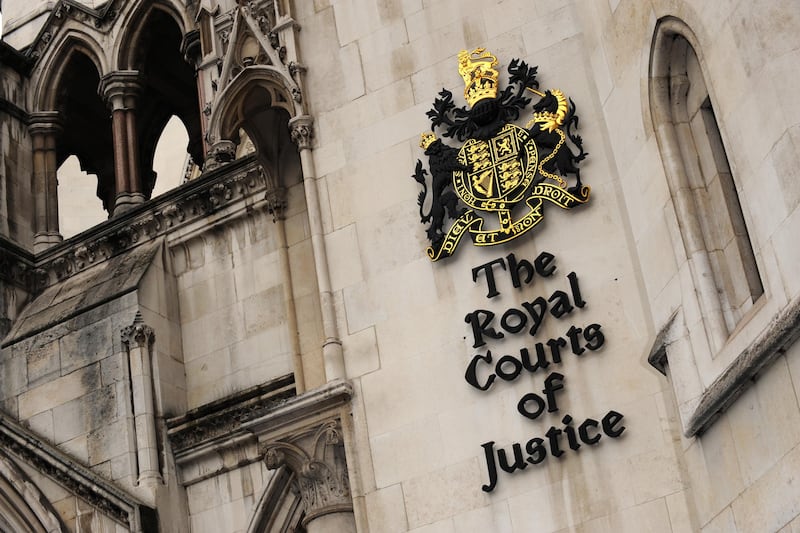THE responsibility given to teachers for the education of our children is a heavy one, and possibly one of the most onerous any profession can have.
With scarce resources and the demands placed upon them by the ongoing Covid-19 pandemic, our teachers and principals, along with the governors who support them in a voluntary capacity, do a phenomenal job at any time, and especially so over the past year.
Newton Emerson’s recent column questioned the involvement of Churches in our education system, and specifically the role of transferor governors from the three main Protestant denominations. He described their place within controlled schools as an ‘obsolete legacy’.
He also called on them to resign their seats on school boards primarily due, in his view, to the failure of Churches to respond to a call from the Education Minister for their buildings to be used to facilitate school reopening in August 2020.
This is not the first time Mr Emerson has made this claim, which for him, is simply one more incident to add to a litany of failures regarding the involvement of Churches in education.
The Transferor Representatives’ Council (TRC), which represents the Church of Ireland, Methodist Church, and the Presbyterian Church in Ireland, in relation to education, does not recognise his portrayal of the role of transferor governors.
In reality no formal approach was made to the three main Protestant denominations to request the use of their premises in this way.
Despite this, the TRC is aware of examples where local churches did offer their buildings to schools to facilitate the school re-start, by hosting particular year groups, or offering space for special events.
When the Department of Education finally released its plans, the use of external premises such as church halls, or other community-based hubs, was no longer required. Mr Emerson therefore stretches credulity to imply that Churches bear responsibility for subsequent school closures from mid-December.
He also called into question the Churches’ commitment to reconciliation.
The controlled sector, to which these Churches contribute, is inclusive in providing for children and young people from all backgrounds, and aspirational in seeking to provide the best possible education for them.
Recent Department of Education statistics show that almost 40 per cent of children and young people enrolled in controlled schools are not from a Protestant background. In 2019 nearly 270 controlled schools were involved in shared education partnerships through the Signature Project, or Peace IV programmes, not counting other initiatives under different funding streams.
I have no problem with anyone airing their views and questioning the involvement of transferor governors in our schools, or the role of Churches in education, especially as part of an ongoing public debate – as long as this is accurate and fair.
At its worst, however, Mr Emerson’s article was premised on the view that the role of Churches in education is malign and in his kinder moments, benign but irrelevant. Of course, he is entitled to his opinion. The facts, on the other hand, tell a different story.
S Rosemary Rainey OBE
Chair of the Transferor Representatives’ Council
Lessons to be learned and post-pandemic history will judge decision-makers
AS the number of Covid-19 related deaths continues to fall and vaccines continue to be rolled out, the time will soon be upon us to examine how we all reacted to the pandemic and see if there are lessons to be learned.
Our local executive, being the main decision-makers in all of this, must be carefully examined and it must be determined if their policies always put lives first and if they always followed closely the relevant medical and scientific advice.
I believe that such an in-depth examination will be very uncomfortable for some, particularly the DUP. Its lack of security regarding membership of the UK decided its policies and despite the British PM showing that he has no interest in these six counties the DUP continued to cling on. While most others can clearly see that the days of the six counties being apart of the UK are numbered, the DUP ploughs on blindly.
This party, already ridiculed for its antedeluvian views, was more interested in appearing to be in line with Britain than with the rest of this small island. This policy may well not have been the best way to protect lives. Ireland is an island, Britain is a separate island, why did the DUP believe that following British guidelines would be better than, politics aside, following an island of Ireland approach?
Boris Johnson has shown how little he thinks about the six counties and still the DUP clings to his coattail.
An all-island approach to this pandemic, which acknowledges no land border, was the best way forward and would have undoubtedly led to fewer deaths here as a result of the pandemic. The DUP must be held to account.
Arlene Foster cannot be held to blame as, for some time now, she has been the leader of the DUP in name only. It is other bigwigs in the party who now make the major decisions. Arlene was unable to stand up to these well known individuals within the DUP and would have been better standing down as leader and at least saving her self-respect.
Time and time again her party followed English Tories and delayed lockdowns in line with England, against medical and scientific advice, which the experts now claim led to an unnecessary loss of lives. The other main parties in the executive did want to follow the advice but were stopped in their tracks by the DUP’s refusal to agree. This will be the key in determining if more could have been done in order to have saved more lives.
Sean Seeley
Craigavon
Time to grasp opportunity for climate change
THE Climate Change Bill (Northern Ireland) 2021 is scheduled for second stage in the Stormont Assembly in the coming weeks. It is a ground-breaking piece of legislation in many ways. The bill was drafted by legal experts, environmentalists and academics from the Climate Change Coalition NI.
The lead sponsor of the Private Member’s Bill is myself and it is co-sponsored by MLAs from Sinn Féin, SDLP, UUP, Alliance, PBP and Independent MLAs.
The bill is ambitious because it needs to be. Climate breakdown is the defining issue of our time and we are at the tipping point of irreversible damage to our climate and ecology. Time is no longer on our side and meaningful action is vital.
This bill opens up opportunities: The opportunity to build a just transition to net zero carbon by 2045 where no-one is left behind; the opportunity to create a climate resilient society; the opportunity to provide high-skilled, well-paid jobs in green energy, transport, housing, nature and innovative technologies.
These opportunities cannot be missed. Northern Ireland is an environmental laggard and have the lowest carbon reduction levels across these islands. Our waterways are failing basic quality standards, the air we breathe is causing more than 500 premature deaths each year and many people cannot afford to heat their homes.
In the past few weeks alone there have been oil spills on Donaghadee beach and fires that have devastated habitats and wildlife on Cavehill and the Mourne Mountains.
There is an opportunity for Northern Ireland to create a happier, healthier society for all our citizens. Now is the time to show the courage and vision needed to grasp that opportunity.
Clare Bailey
Green Party NI leader
and South Belfast MLA



